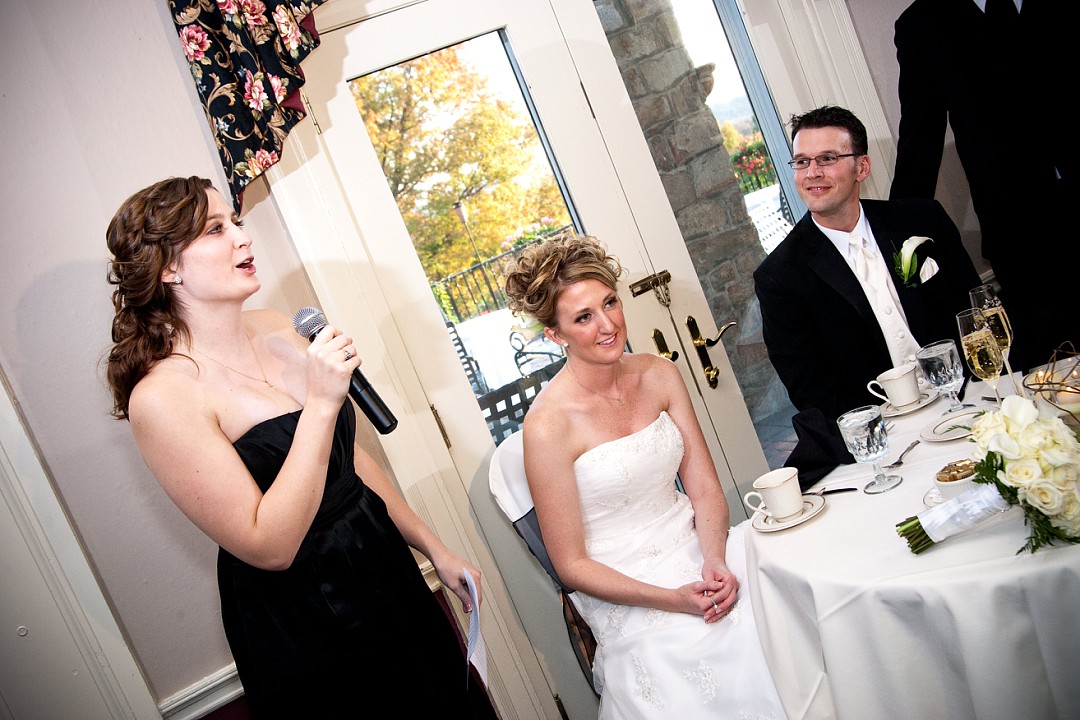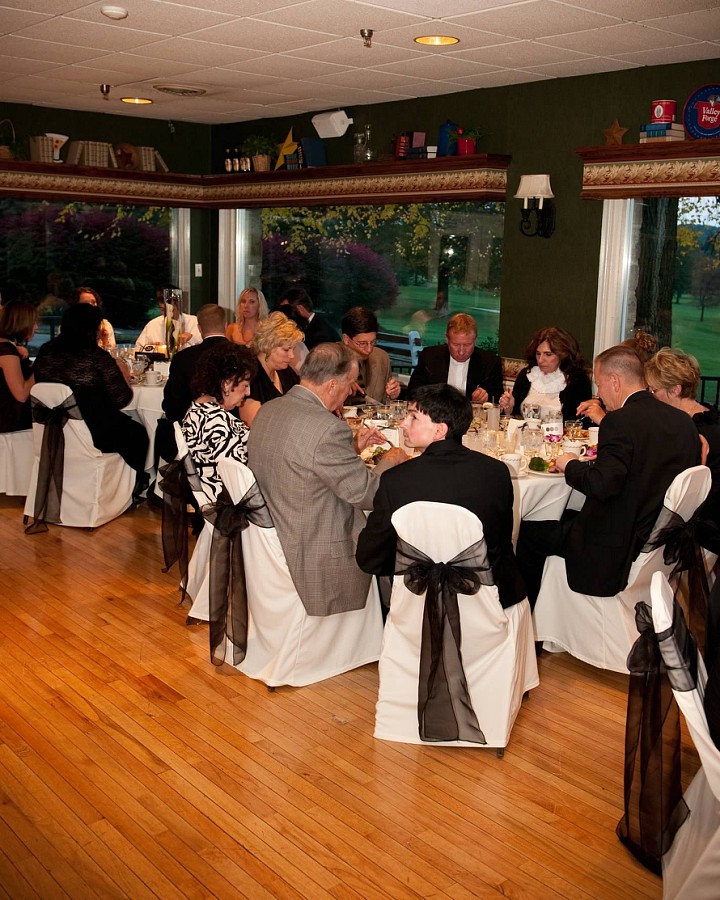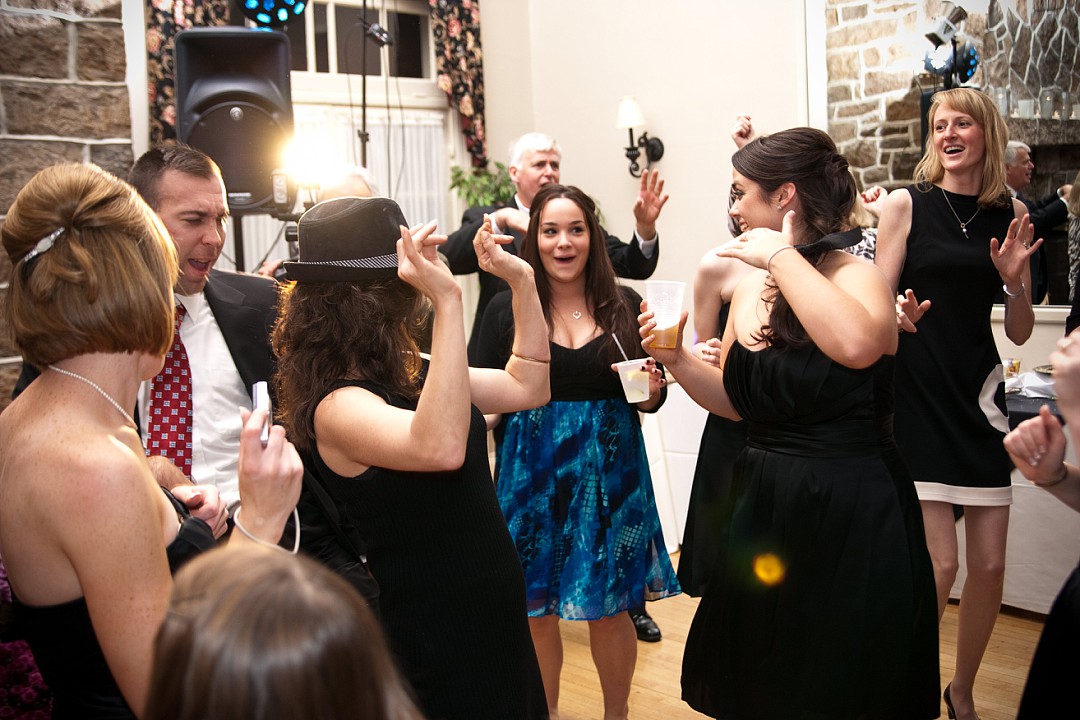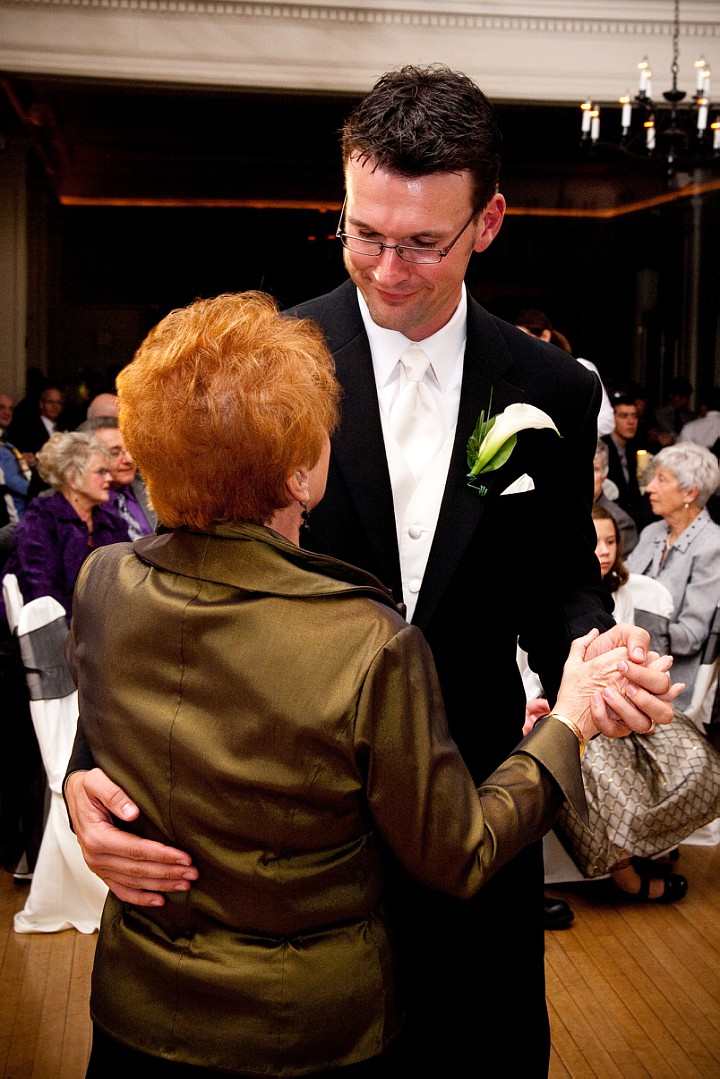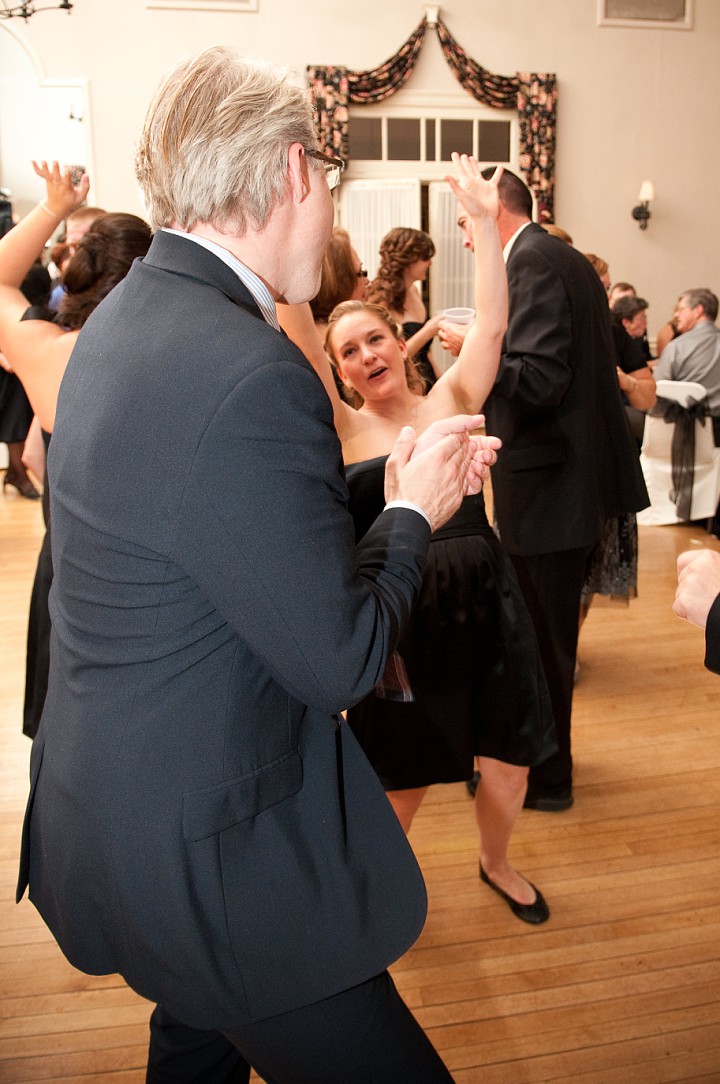THE RECEPTION
|
While a wedding ceremony is likely to be emotional and poignant, the reception should be fun, fun, fun! Regardless of where it’s held, how many people attend, or how much it costs, your wedding reception is a time to celebrate with people you care about and who care about you. It’s a time for good food, toasts, music, dancing, congratulations and photography. It’s a time you will want to remember forever.
A reception typically consumes about one-third of a wedding budget, meaning that it’s definitely a big deal. When planning your reception, consider all available options and remember that there are many way you can trim cost if that is a concern WHERE TO HAVE YOUR WEDDING RECEPTION There are many location choices for wedding receptions within the Schuylkill County and Philadelphia Areas, ranging from beautiful, outdoor settings to cozy, indoor locales. When choosing a location, consider your personal preferences, budget and the number of people you’ll need to accommodate. Basically, there are two types of reception sites --- those that charge per person fee that includes almost everything you’ll need and those that charge a room rental fee, with you responsible for providing almost everything. Unless you’ve already decided on a place for your reception, you’ll want to do some research to see what is available. If the ceremony and reception are in two different locations, most couples prefer to hold them close to one another. When thinking about a location, remember to consider all the possibilities. Wedding receptions can be held in all kinds of spaces, ranging from public buildings to private homes. Locally, wedding receptions are held in museums, art centers, historic mansions, hotels, inns, private clubs, outside groves and parks, ballrooms restaurants and historic sites. Look for locations that will accommodate and enhance the style of your wedding, considering the level or formality, whether you’ll be there during the day or at night, the colors involved and other factors. If you’ve got an outdoor reception in mind, check for venues that facilitate, or better yet, specialize in, outdoor events. You will need to work with a site representative who can give direction regarding what will be provided and what you’ll need to rent, such as a tent, dance floor, tables, chairs, linens and so forth. Keep in mind that outdoor receptions, while beautiful and festive, come with some special challenges that you’ll want to thoroughly address in advance. Most popular venues for wedding receptions fill up far in advance, meaning that booking your reception is something you’ll want to do early in the planning process. You can focus on decorating and other details after you’ve reserved your location. After you’ve determined the type of reception of reception you want, narrow your search to a few place. Take time to compare features and ask some questions before making a final decision. Be sure to consider the following:
DINING OPTIONS While many bride and grooms choose a reception with a sit-down, served dinner, that is just one option available as you plan your event. There are no rules here. Depending on the time and style of your wedding, you could consider a brunch, buffet, tasting menu, food stations, or even a picnic lunch with menu options that match your wedding theme. There are many good food options in the area – the difficult part may be selecting what you want from among them. Some reception venues require that you use their catering services. As long as you’ve sampled the food and know that it’s what you want, this is a fine option. If your venue doesn’t include catering services, you’ll need to make those arrangements yourself. Be sure to do plenty of research and ask a lot of people for recommendations before choosing a caterer. Let’s take a closer look at some dining options. Hors d’oeuvres reception. Some couples opt to have a cocktails and hors d’oeuvres reception rather than a sit down dinner. This is especially appropriate for an afternoon wedding. There are, literally, hundreds of options for hors d’oeuvres, ranging from fondue stations to elegant bites served from trays to a chicken wing buffet. If you choose this option, just be sure to plan for a wide variety of hors d’oeuvres so everyone can find foods they like. Buffet dinner. A buffet meal is simply one with a variety of foods that guest select and either serve for themselves, or are served to them at the buffet table. Some wedding venues offer buffet service while others offer only sit-down options, so be sure to ask. Wedding brunch. A brunch can be a lovely option for a late-morning ceremony, with the advantages of usually being less expensive and less formal than a sit-down dinner. You’ll want to work with representatives from your venue or with a reputable caterer to plan the right variety of food choices for guests. Served dinner. This is probably the best option for a formal event, and some guests expect to be served at a wedding reception. This is normally the most expensive dining option. If you’re on a tight budget you’ll really need to stick to a plan. Food stations. These themed serving stations are a hot reception trend. Generally, food stations are located at various places in the reception hall and serve one food or one food variety. You could, have a seafood station, a cheese station, a pasta station, a carving station, or whatever else you can imagine. The idea is to keep guests moving around and mingling, and food stations offer the advantage of allowing you to offer a wide variety of foods. Family-style serving. Some bridal parties like this option because it’s less formal and assures that guests will interact with one another as they pass plates and bowls of food. To-Go Containers. Consider To-Go containers for the many leftovers that might otherwise go to waste. Talk to your reception hall staff in advance to make this convenient for your guests. Again, your dining options will be determined by your budge, the type of venue you choose, your wedding style, and your personal preferences. Whatever you choose, just be sure to pay attention to details and hire reputable caterers and service providers. COCKTAILS Cocktails are a traditional aspect of a wedding reception, as they are considered celebratory. If you choose not to serve alcohol, you can keep your reception festive and happy by serving sparkling water punches and juices, flavored waters, fruit smoothies, and so forth. If you will be serving alcohol, there are some guidelines to keep in mind. An open bar is a fully stocked bar from guests are free to get whatever, and as many drinks as they wish. This, of course, is your most expensive option. Other possibilities include an open bar for a limited portion of the reception, and just beer, and wine and Non-Alcoholic drinks available after that time. Or, you could offer just wine and beer, and opt for a cash bar, at which guests pay for their own cocktails. If you don’t have a bar at your reception, you might consider a champagne toast at the table, just before dinner is served. This is when someone, typically the best man, proposes a toast and guests drink champagne to wish you well. Another option is to provide wine for guests to enjoy with dinner. If you serve alcoholic beverages, estimate on about one drink per guest per hour for budgeting. Your wedding consultant, caterer, or venue representative will be able to help you decide what liquors and beverages to have on hand. The most popular are vodka, rum, gin, scotch, bourbon, white and red wine, champagne, and beer. Some wedding parties offer a signature cocktail, such as monitors or martinis, supplemented by wine and beer, instead of a fully stocked open bar. Punches, either with or without alcohol, also are popular. RENTALS If you hire a reception site that is all inclusive, you won’t have to worry about renting equipment and accessories for your reception. If you’re renting a venue that simply charges a room fee, you’ll need to pay close attention to what you need. Most facilities at least include tables and chairs. You’ll need to make sure there are enough for your guests, however, and make arrangements to rent more, if necessary. Other items to consider renting include:
|

